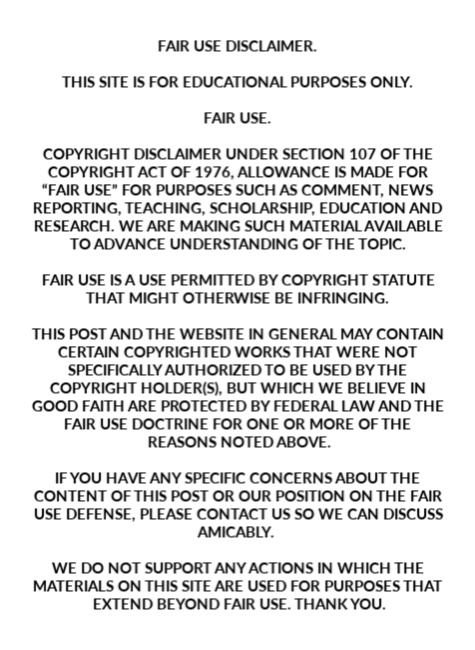FEATURE image: In each academic year the Tuskegee University Golden Voices Choir performs extensively throughout the state of Alabama, as well as nationally and internationally , including Michigan, Ohio, Indiana, and Canada in 2018. Fair Use.

Tuskegee University Golden Voices Choir
The Christmas Concert is held each December in the University Chapel under the direction of Dr. Wayne Anthony Barr. Dr. Barr is assisted by Mrs. Brenda Shuford at the piano who herself is a lifelong music educator and ordained minister at her Baptist church in Montgomery. Also taking significant part is Warren L. Duncan who heads the Department of Fine & Performing Arts at Historic Tuskegee University.
The choir has had a momentous performance history performing before American presidents and this entire concert offers the listener the flavor of its wonderful spirit and deep talent shared at Christmas-time.
The concert is approximately two hours and fifteen minutes.
The Choir founded by Booker T. Washington in 1886
Tuskegee’s first singing groups were organized by Washington as early as 1884 with the choir formally founded by Washington in 1886. Booker T. Washington, who grew up in slavery as a child, had witnessed music and singing’s central value to the African-American experience.
In chapter one of his highly readable and interesting American classic autobiography, Up From Slavery, Washington writes: “Finally the war closed, and the day of freedom came. It was a momentous and eventful day to all upon our plantation. We had been expecting it. Freedom was in the air, and had been for months… As the great day drew nearer, there was more singing in the slave quarters than usual. It was bolder, had more ring, and lasted later into the night. Most of the verses of the plantation songs had some reference to freedom. True, they had sung those same verses before, but they had been careful to explain that the “freedom” in these songs referred to the next world, and had no connection with life in this world. Now they gradually threw off the mask, and were not afraid to let it be known that the “freedom” in their songs meant freedom of the body in this world.“

Booker T. Washington (1856-1915) was called “The Sage” of Tuskegee Institute outside Montgomery, Alabama. Founded by Booker T. Washington in 1881, the Institute thrives today as Tuskegee University, home to more than 3,000 students from the U.S. and dozens of foreign countries.
The historically African-American college boasts several academic distinctions today, especially in the broad range of the sciences, engineering, medicine and math. This stems from the coeducational school’s founding value of industrial education.
Tuskegee’s deep love and appreciation for the arts, especially music
Washington insisted that Tuskegee’s always augmenting student body at the Christian nondenominational school sing spirituals at weekly Chapel worship services. Washington, and all Tuskegee’s successor presidents to the present day, have maintained a deep love and appreciation for the arts, especially above all music. Booker T. Washington wrote the students, exhorting them: “…If you go out to have schools of your own, have your pupils sing [Negro spirituals] as you have sung them here, and teach them to see the beauty which dwells in these songs…“

Tuskegee is home to the first bioethics center in the United States: the National Center for Bioethics in Research & Health Care. Founded in 1999, the Center is devoted to the exploration of the core moral issues which underlie research and medical treatment of African-Americans as well as other under-served populations by bringing together in dialogue the sciences, humanities, law and religion.
In addition to excellence in these important academic fields, Tuskegee, with over 60 degree programs, offers study in the Liberal Arts, Fine Arts, and Humanities. This includes The Tuskegee University Golden Voices Choir in the Department of Fine & Performing Arts.






